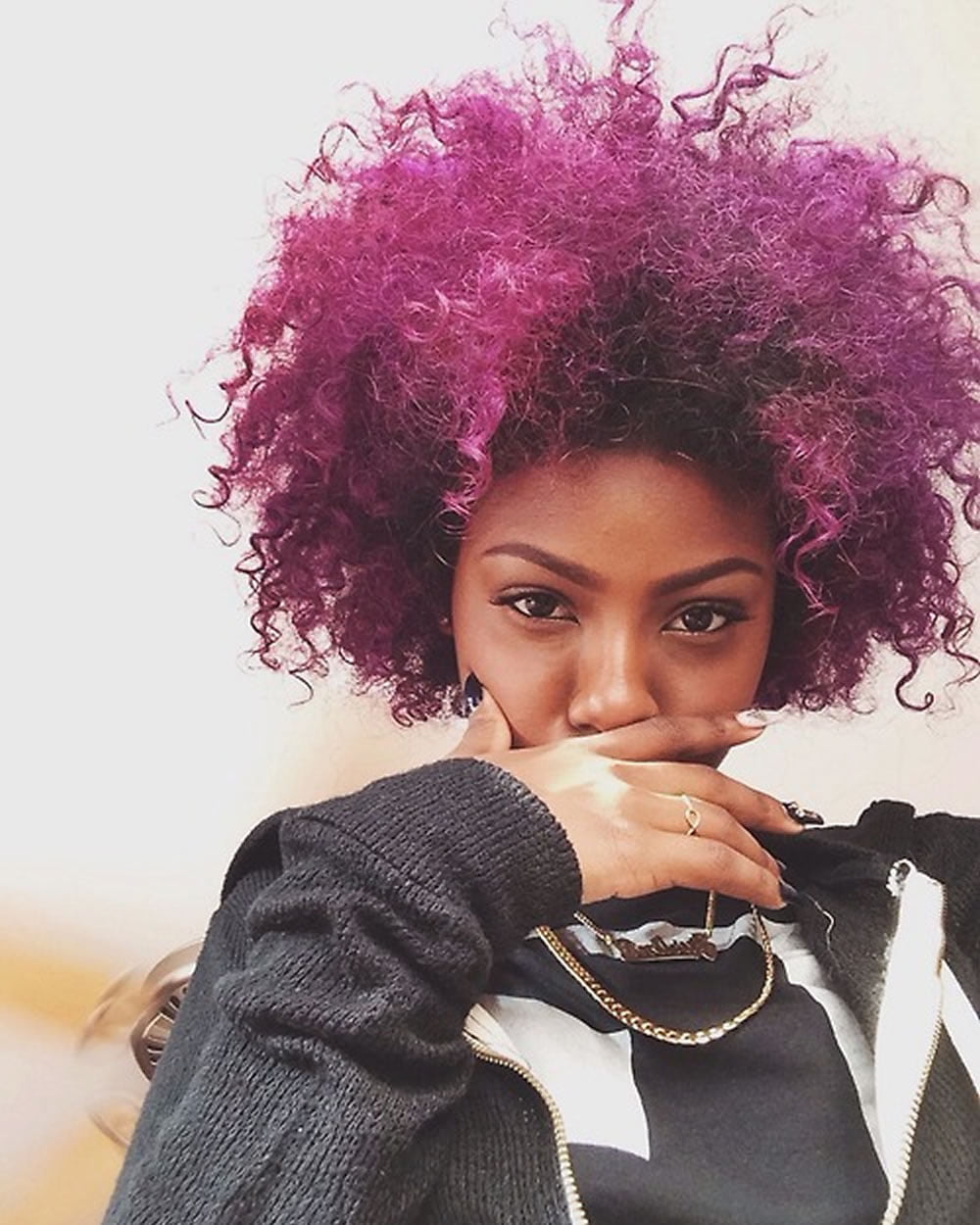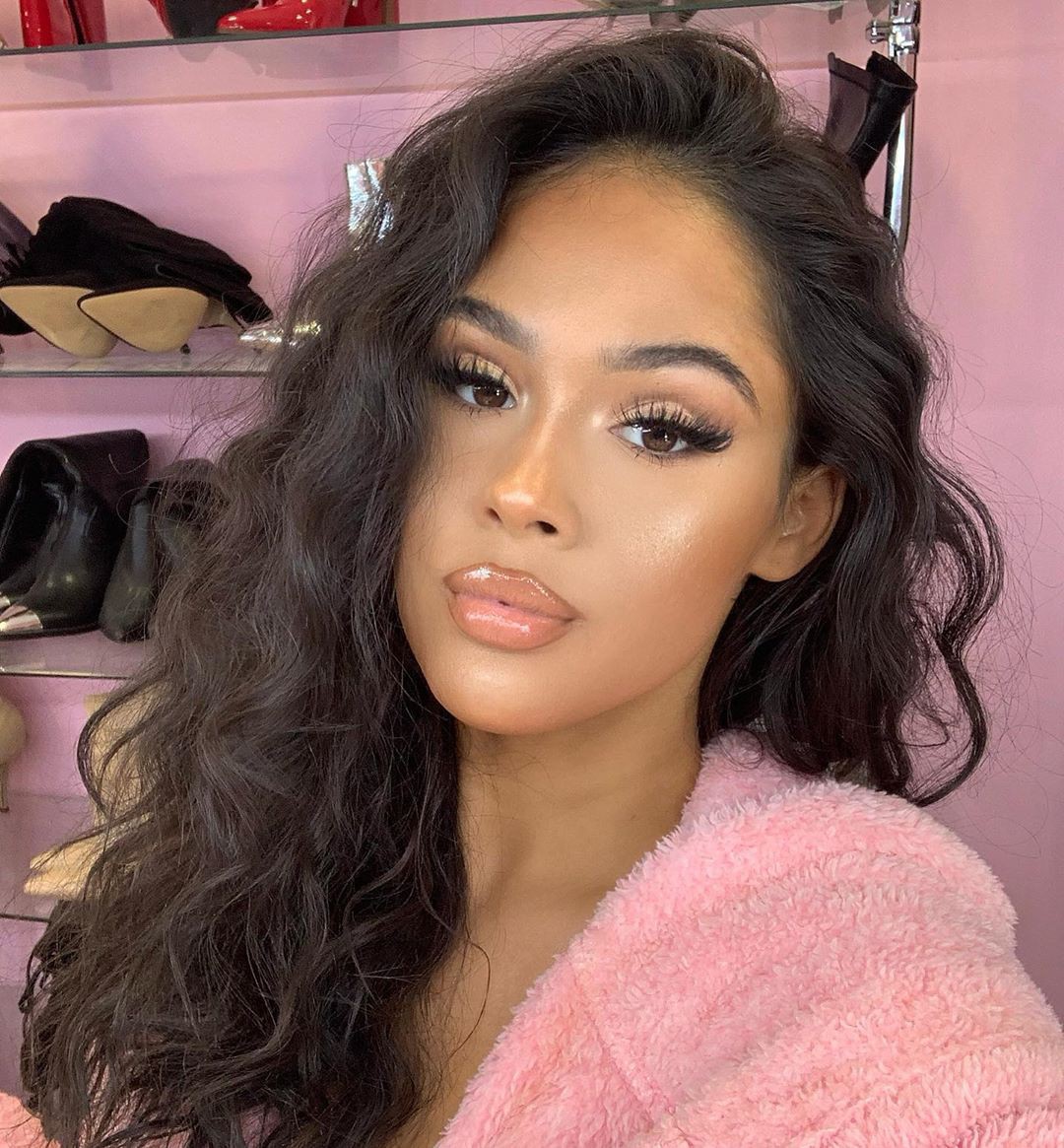
In Harmony’s freshman-year English class, a boy started playing with his mask and joked, “I can’t breathe, just like George Floyd,” Harmony recalled. “I am more guarded with my responses, but I promise I will continue to defend our students to ensure they feel safe and welcome in our schools.”ĪFTER SPEAKING UP, SOME STUDENTS FACE BACKLASH “We have a lot of new laws to navigate, and I am still processing what they mean for our district, so I don’t want to overstep and say something that is incorrect or inappropriate,” she said. Hixon said she felt badly that Jack had the impression she was not defending LGBTQ+ students. “They didn’t even try to act like they were going to try, you know?” he said. When it came to protecting LGBTQ+ students, it seemed, there was no appetite for defiance. He thought back to how the district had stood up to the DeSantis administration over COVID-19 policies like mask mandates. When Jack asked her in April how the school district would react to the new laws, Hixon said they were going to comply with the law. I was like, ‘Oh, we’ve got to vote for her next time because she seems so impassioned, and she genuinely came across like she cared,’” he said. Hixon, who became widely known after her husband was killed in the 2018 Parkland school shooting, expressed support for LGBTQ+ students. There also was a school board member, Debra Hixon, who won Jack’s admiration when she spoke last year at a town hall event for teens. In another class, Jack recalls an environmental teacher told the class she could not answer a question during a discussion on climate change or she would be seen as “too woke.” “You have to realize, … teachers have families,” he told Jack, who took it as a comment on teachers worried about losing their jobs. Jack remembers talking to his debate teacher about covering some controversial topics. And once they learned about it, support for the walkout was overwhelming. Most students initially knew little about the bill. And teachers wary of breaking new rules have shied from discussions related to race, gender and other politically sensitive topics, even as students say they desperately need to see their lived experiences reflected in the classroom.Īmong them are a transgender student at a Pennsylvania school where teachers are directed to use students’ birth names, a bisexual student in Florida who sensed a withdrawal of adult support, and Harmony, a Black student outside Nashville alarmed by efforts to restrict lessons on Black history.įor these and other students of color and LGBTQ+ kids, it can feel like their very existence is being rejected. Some schools have insisted on using the names transgender students had before they transitioned. Others have been pushed by local activists or school boards arguing teachers need more oversight to ensure classroom materials are appropriate.īooks have been pulled from libraries. Ron DeSantis, who say they are necessary to counter liberal influence in schools. Some of the new restrictions have been championed by conservative state leaders and legislatures, including Florida Gov. Why do they care what we personally prefer, or what we look like?”Īs conservative politicians and activists push for limits on discussions of race, gender and sexuality, some students say the measures targeting aspects of their identity have made them less welcome in American schools - the one place all kids are supposed to feel safe. “When I heard they were removing African American history, banning LGBTQ, I almost started crying,” said Harmony, 16. The law was broad, but to her, the potential impact was crushing. So when Tennessee began passing legislation that could limit the discussion and teaching of Black history, gender identity and race in the classroom, to Harmony, it felt like a gut punch - as if the adults were signaling this kind of ignorant behavior was acceptable. As she saw the students receive light punishments, she grew increasingly frustrated.

In sixth grade, a boy dropped trash on the floor and told her to pick it up, “because you’re a slave.” She was stunned - no one had ever said anything like that to her before.Īs protests for racial justice broke out in 2020, white students at her Tennessee high school kneeled in the hallways and chanted, “Black lives matter!” in mocking tones. On a playground, a girl picked up a leaf and said she wanted to “clean the dirt” from Harmony’s skin.

(AP) - The first encounter with racism that Harmony Kennedy can remember came in elementary school.


 0 kommentar(er)
0 kommentar(er)
